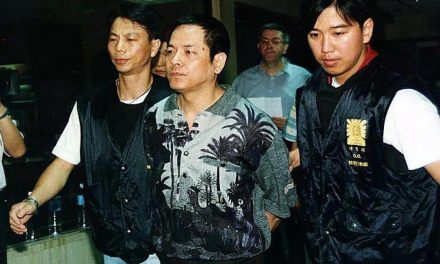12 September 2019
The House of Representatives (DPR) has just approved a proposed revision of Law on the Corruption Eradication Commission (KPK). This revision breaks one of the corner stones of the fight against corruption by the anti-graft commission. KPK is known for its aggressive fight against corruption and in handling high profile cases. Since it started operation in 2003, KPK prosecuted and achieved a 100-percent conviction rate in 86 cases of bribery and graft related to government procurements and budgets.
Andi Mallarangeng, officially resigned his position as Minister of Youth and Sports after he was named a suspect by the Corruption Eradication Commission (KPK) in a corruption case of procurement of sports facilities and infrastructure in Hambalang.
The House of Representatives (DPR) has just approved a proposed revision of Law on the Corruption Eradication Commission (KPK). This revision breaks one of the corner stones of the fight against corruption by the anti-graft commission. KPK is known for its aggressive fight against corruption and in handling high profile cases. Since it started operation in 2003, KPK prosecuted and achieved a 100-percent conviction rate in 86 cases of bribery and graft related to government procurements and budgets.
Andi Mallarangeng, officially resigned his position as Minister of Youth and Sports after he was named a suspect by the Corruption Eradication Commission (KPK) in a corruption case of procurement of sports facilities and infrastructure in Hambalang.
KPK successfully investigated and charged former House speaker and several public officials for receiving kickbacks in the national biometric identity card program (e-ID cards). The United States government, represented by the US ambassador to Indonesia Joseph R Donovan Jr, has given awards to eight officials from the Corruption Eradication Commission (KPK) for their success in investigating the e-ID graft case.
Indonesian parliamentarians are corrupt. They steal, take bribes and kickbacks to finance their political campaigns and to enrich themselves for a lavish lifestyle.
This law put forward at the initiative of the DPR also restricts the authority of the KPK. In the future, the KPK will only be able to recruit investigators from the police, whom the politicians can control easily. The officials of KPK will become part of the state civil apparatus, and will no longer be an independent entity separate from the executive.
DPR also plans to establish an oversight commission which will have the authority to determine whether KPK investigators can use wiretaps, and carry out searches and confiscations. If this goes ahead, it will place the KPK within the DPR cage.
With this amendment in place, the parliamentarians can engage in corruption freely without let or hindrance. The president has approved the law.














